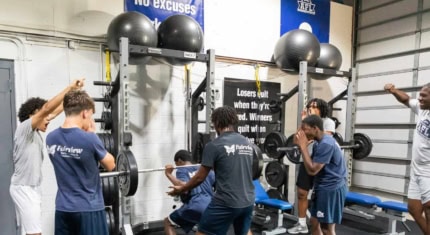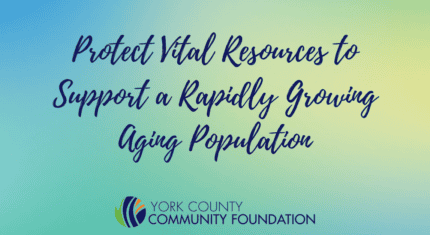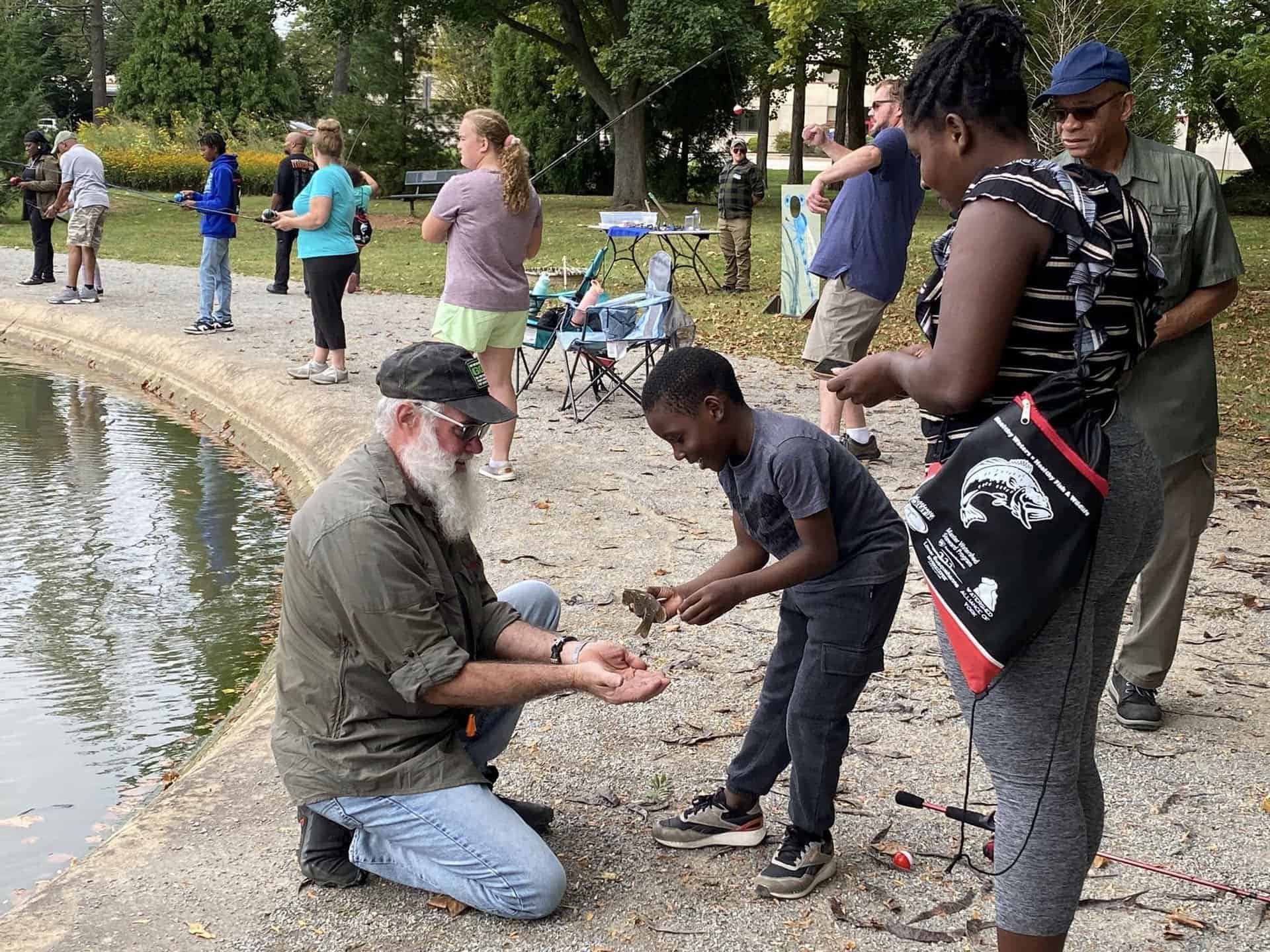“I bet you used to be really good looking when you were young”, was a comment made to Glen Dunbar by a younger woman at a party. Glen was in his fifties. Today, Glen is in his seventies, and that exchange still resonates with him.
In fact, Glen shares that last year, a relative in her forties came to visit him and his wife and accompanied them to a social gathering of friends. The next day, the relative was relaying a conversation she had with one of the male guests. When Glen asked her who she was talking to, his relative very innocently said, “Well, you know, all older white men sort of look the same.”
Everyone has biases.
That is the message Glen shares with his college students in a class titled, Perspectives of Aging. As an adjunct professor, instructor, and lecturer on aging, Glen believes it is ok to be biased, but it is not OK to be rude.
This is one of the reasons we invited Glen to be our first guest in a series of 30-minute discussions designed to help us get real about our attitudes on aging. A former health educator with the Peace Corp and holding positions on policy, training, and planning in PA Dept. of Aging, Glen views aging as a little weird, a little humorous, and a natural transition.
Watch the full 30-minute discussion to learn the most common age biases he hears from students, his personal reflections on aging, and five key messages he wants everyone to consider as they age.
And check out Glen’s blog at www.reflections-on-aging.com
What biases do you have about aging?
What are your first thoughts when you see an older person? Perhaps you are an older person, how do you see yourself? Whether you are considered an older person now, or will eventually become an older person, how do YOU want people to see YOU?
We want everyone to take a short assessment to understand your age bias. A resource of Harvard University’s Project Implicit, this short assessment helps us learn if we subconsciously associate aging with good or bad, and if we prefer younger or older people. Either way, it’s important for us to know where we fall. Once we do, we can begin to understand how we may express those biases in our words and actions. Click here for assessment
Let’s get real about aging.
We are excited about our new series of virtual discussions on aging and we want you to be too!
- Tell us topics you’ would like to hear more about
- Let us know about York Countians who have unique perspectives on aging who might want to share
- Help us spread the word about these virtual discussions
- Share the nuggets of information from the sessions that resonated most with you
- And most importantly, BECOME DISRUPTERS OF AGING! Click here to learn how







